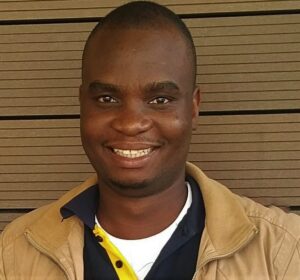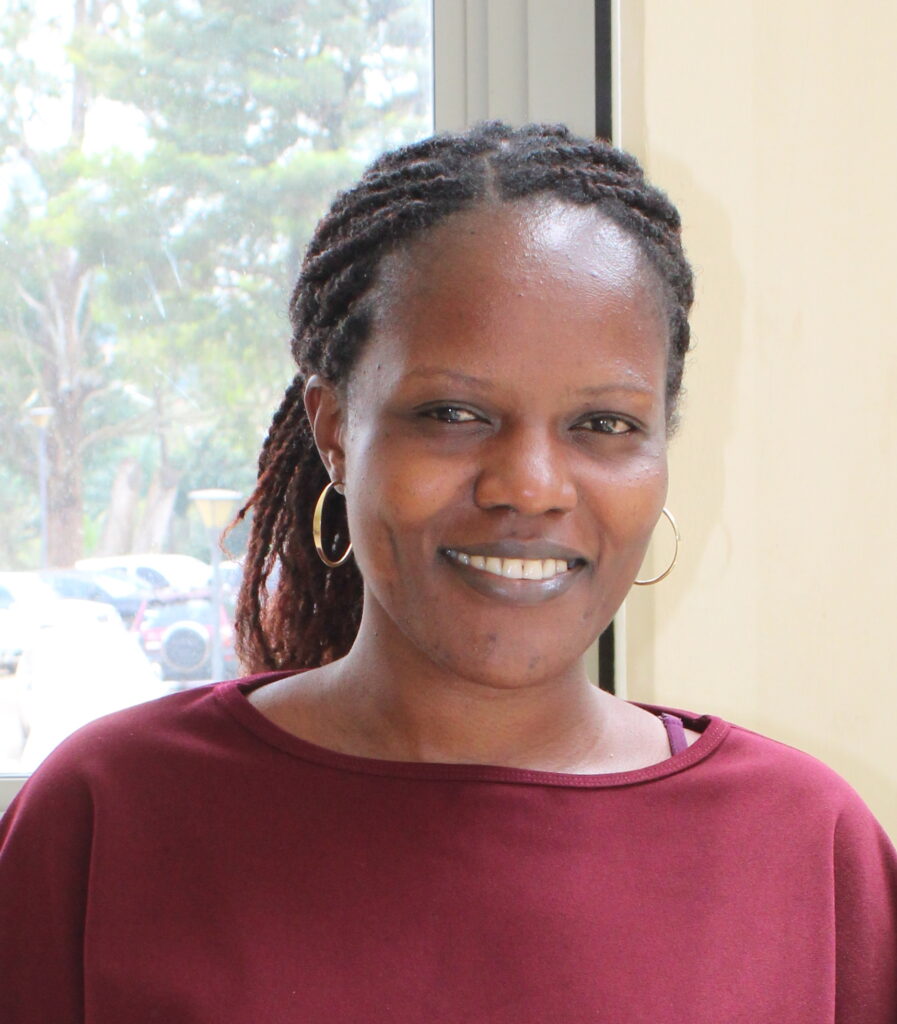The value of Interpersonal Group Therapy among displacement-affected populations in Palabek – Lamwo, Uganda

Henry Bazira, CHASE-i
- MARCH, 2023
On one of the COMPASS project’s learning team’s visits to the implementation site of Palabek Refugee settlement, Lamwo district, we interacted with the project implementation team in charge of the psycho-social support/mental health services component of the project. We interacted with those in charge of the Interpersonal Group therapy (IPT-G) component.
Interpersonal Group Therapy (IPT-G) is a group, time-limited, focused, and evidence-based treatment approach for depression & mood disorders. It is a World Health Organisation (WHO)- recommended therapy as possible first line treatment that uses an 8-session group protocol. The fact that displacement brings with it a plethora of mental health challenges makes this therapy a central component and potentially useful for any humanitarian response.
LWF is implementing this IPT-G as part of its mental health and psychosocial support (MHPSS) interventions supporting displacement-affected populations (DAPs) from South Sudan recover from the trauma, depression, stress and negative thoughts caused by the civil war. This is intended to complement the project’s livelihoods intervention that aims at making DAPs productive members of their communities both in the present and the long run. Addressing the mental health concerns of the project beneficiaries is expected to result in more meaningful and productive lives. The administration of the therapy begins with awareness creation and mobilisation within the settlement communities. Persons with mental health needs that come for the psychosocial support sessions are screened using PHQ9 tool; they are then disaggregated by gender and organised into groups of between 6 to 12 members that speak the same language as the facilitator. Severe cases are referred to IRC, the health partner lead in Palabek Refugee Settlement, and in compliance with the referral mechanism not only in the settlement but also Uganda’s health system.
The therapy groups meet once weekly at the community centre within the settlement. The goal of the approach is to enable group members to give the participants insights and knowledge about relating to each other and applying the knowledge in their everyday lives outside of the group setting.
The learning visit included the collection of qualitative data using focus group discussions, and key informant interviews and observations. to investigate the feasibility and relevance of the therapy as component of the project intervention by LWF The evidence, collected from both implementers and beneficiaries related to the way that the therapy was helping the DAPs to cope with the psychosocial challenges of displacement. Our interactions showed that, through IPT-G, the DAPs were able to access MHPSS at community level; and survivors were able to have someone to talk to and share, also their relationships with loved ones had improved. They victims also reported learning relaxation exercises that are helpful key in fighting anxiety and insomnia. They also reported receiving cash-based grants at the end of the therapy that helped the recovery process; they also got, through the therapy a group of friends that gave them support when the need arose.
The uniqueness of IPT-G is that it can be administered by both mental health specialists and non-specialists; this has enabled members within the community especially leaders to be been trained to become para counsellors that provide that can provide first aid to victims. The evidence indicates that some victims have been in position fully recover and become productive members of society. These were reportedly able to apply this therapy to fellow community members experiencing trauma. One of the IPT beneficiary observed:
‘’Personally, I experienced the horrors of war back home. So, when we got here, I had a number of issues and problems including: one is that my eldest son had been shot dead. When I came here I started having a number of negative thoughts to the point that I contemplated suicide. But when I received this group therapy I was encouraged and regained hope in life. Now when I left the training I started even giving this therapy to my children too. Now of late I feel like I didn’t lose any child and I attribute all this to this therapy,’’ Female FGD Participant.
Service providers echoed the same positive sentiments on the value and practicality of IPG-T, noting how their clients as well as others in the community are being transformed:
The people who have enrolled on this programme [IPG-T] they are very much different from others in the community. They are energized, optimistic, very hardworking and enterprising with a lot of good business ideas … we have been referring them to the livelihoods group [another strand of the COMPASS project] for loans and support so that they can implement those ideas they have and not relapse back into depression. Even the host community members are benefitting, it is a very good therapy (KII, IPG-T Facilitator)
Therefore, based on its positive reception and reported impacts from the community members and the service providers I conclude that while IPG-T might have some implementation challenges like language barriers, it is a scalable structured intervention that is feasible and impactful in improving the lives of DAPs with mild mental health issues.


